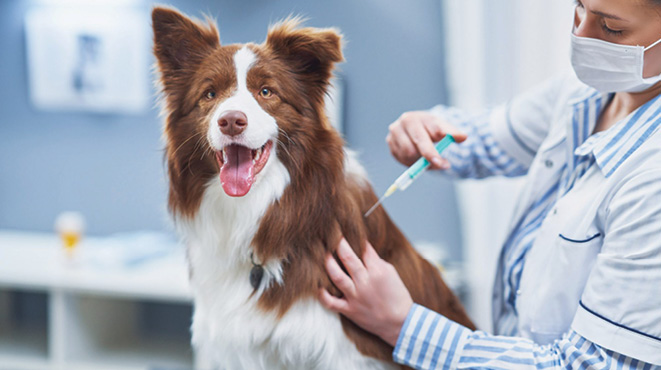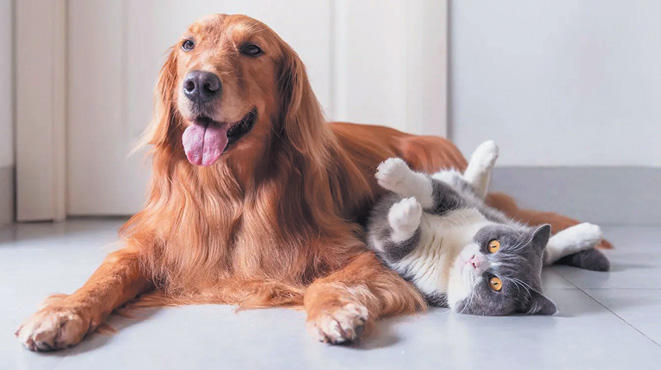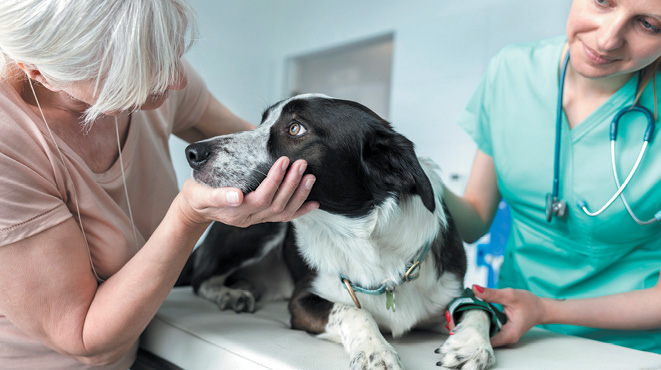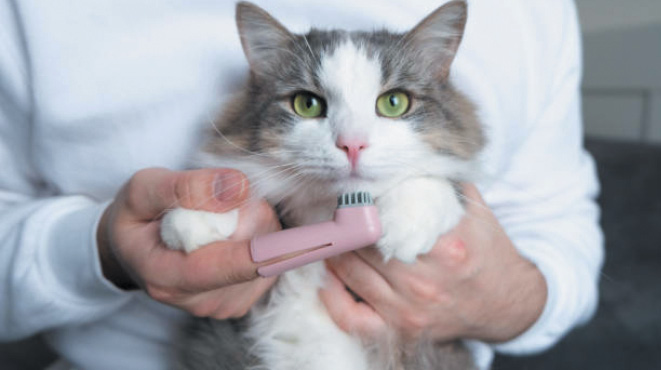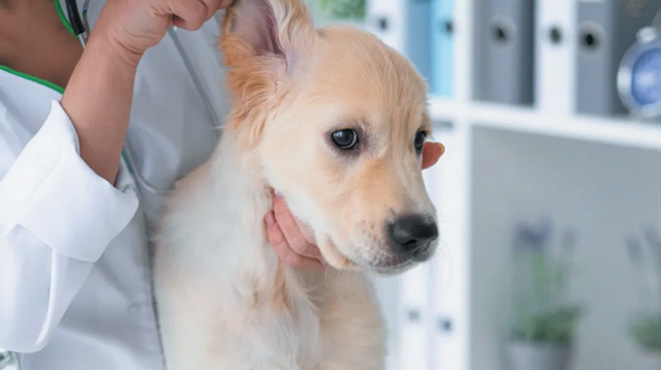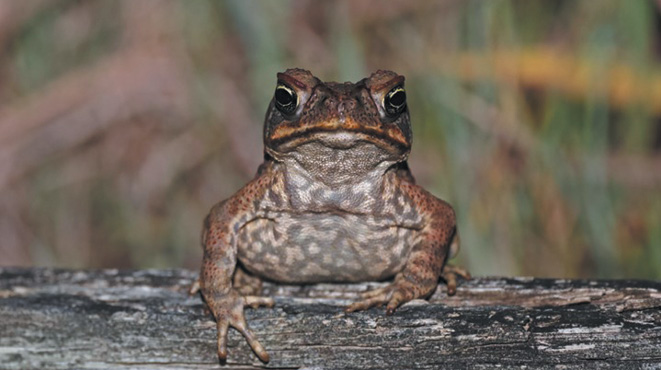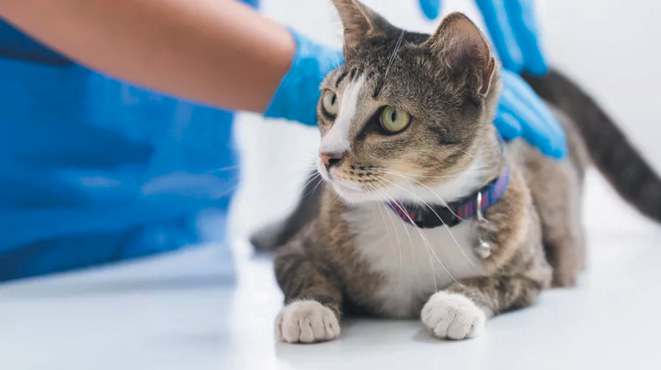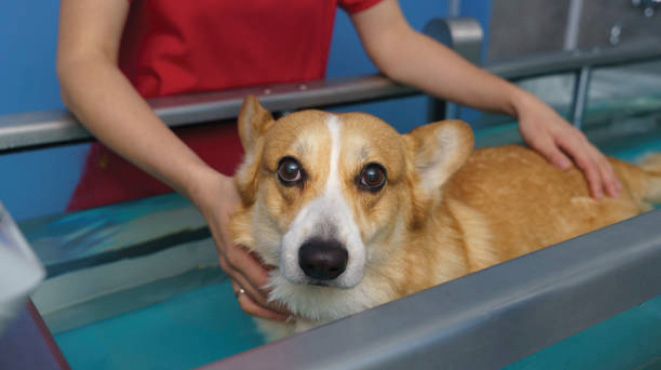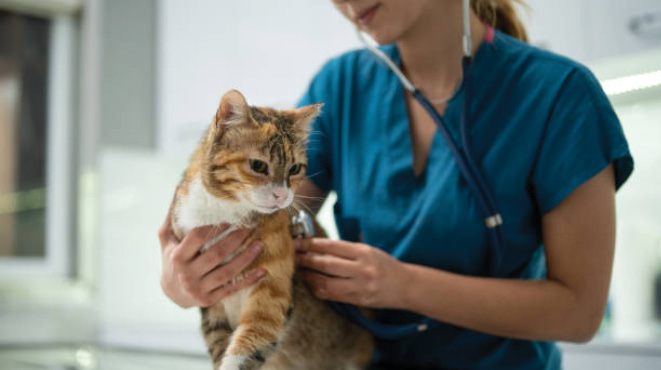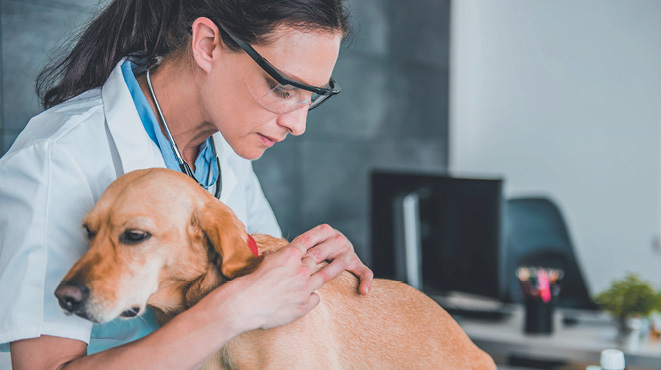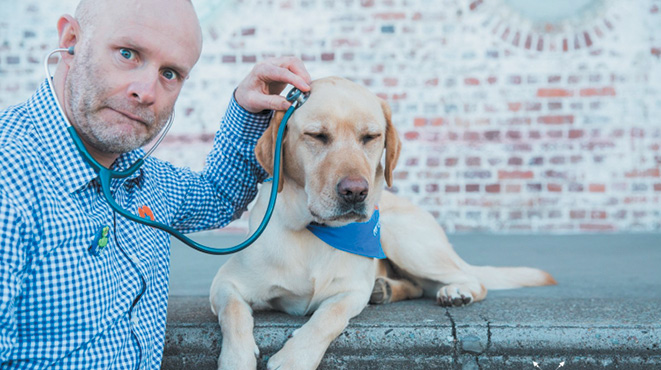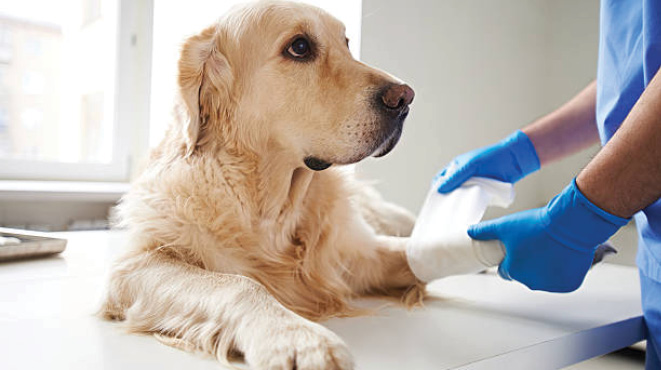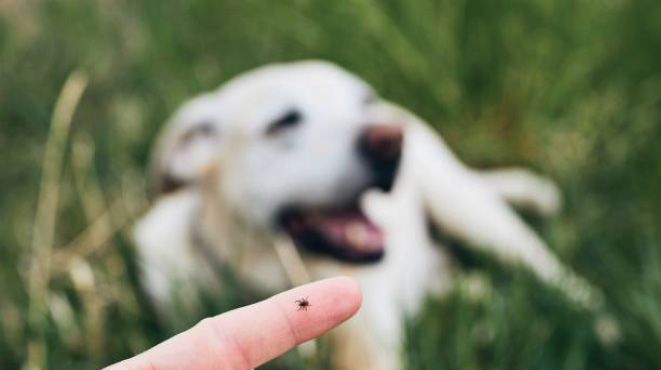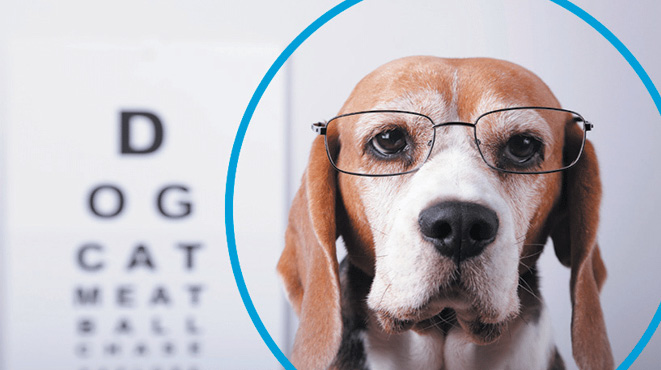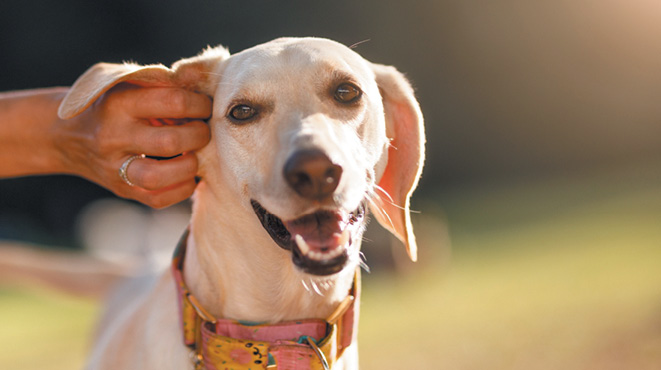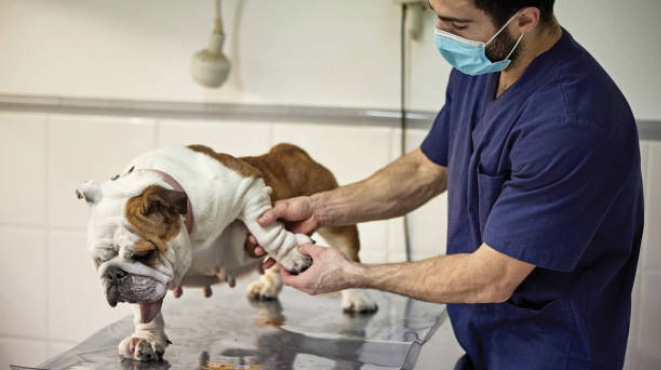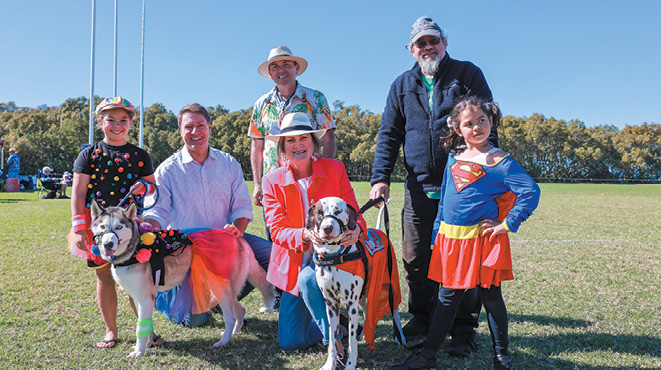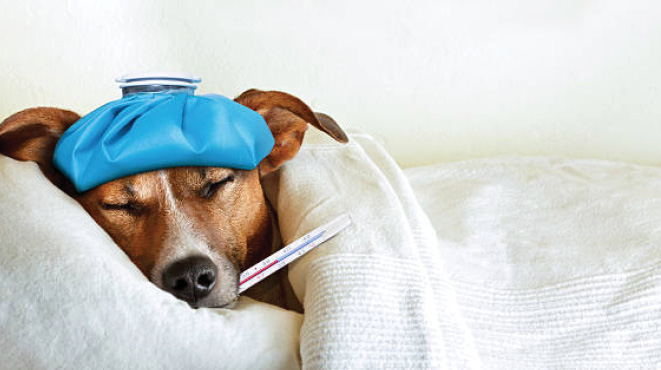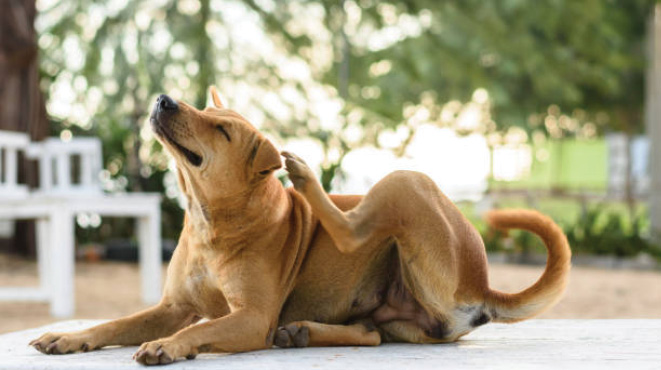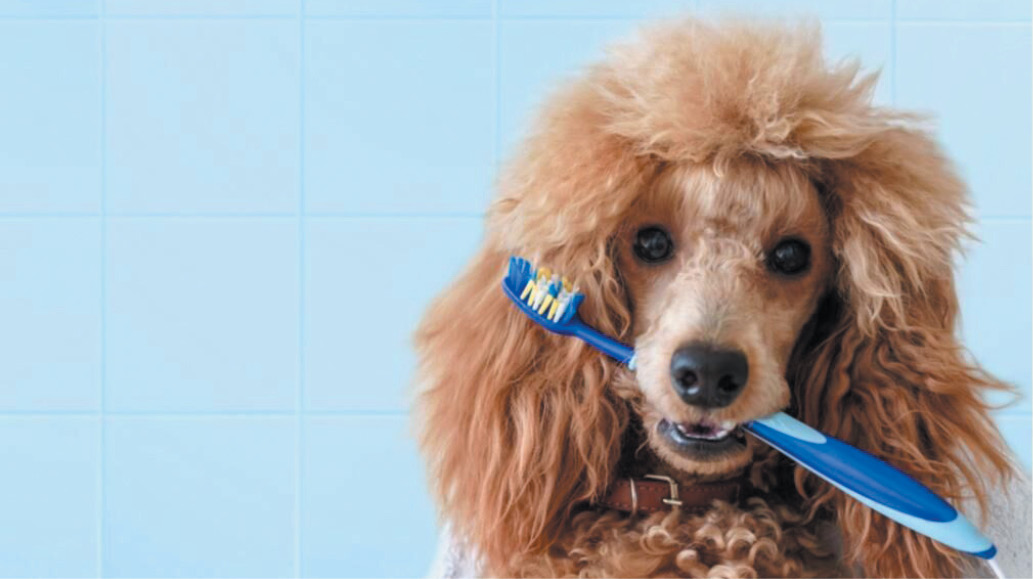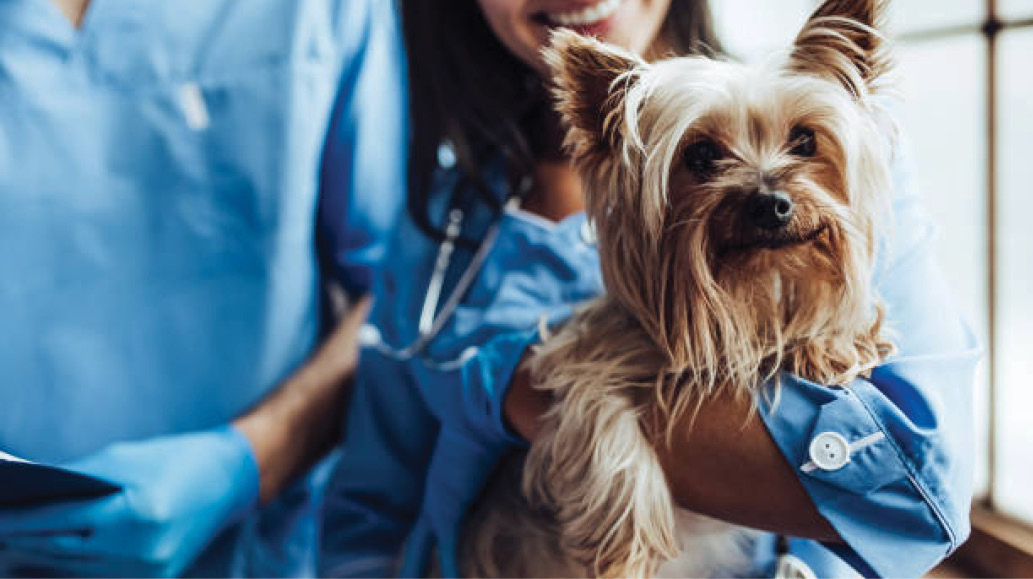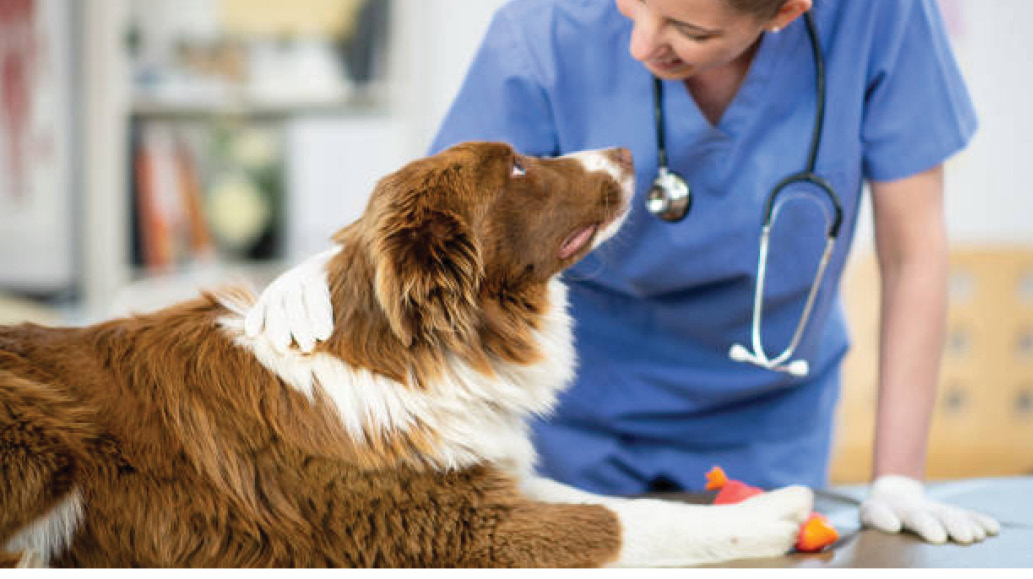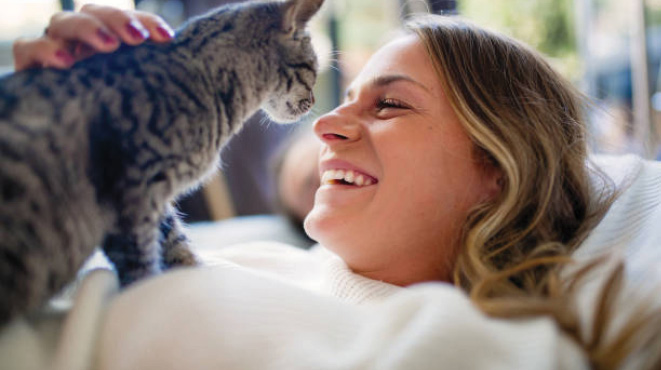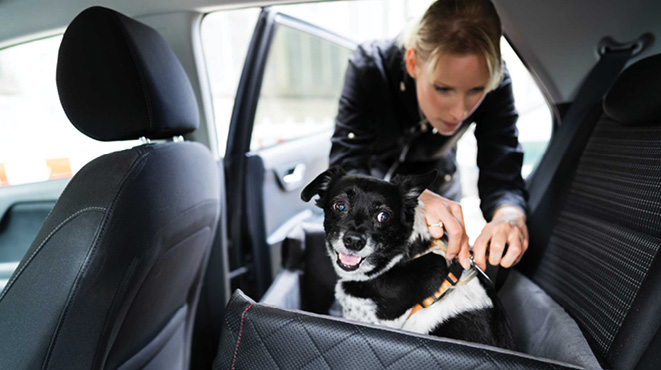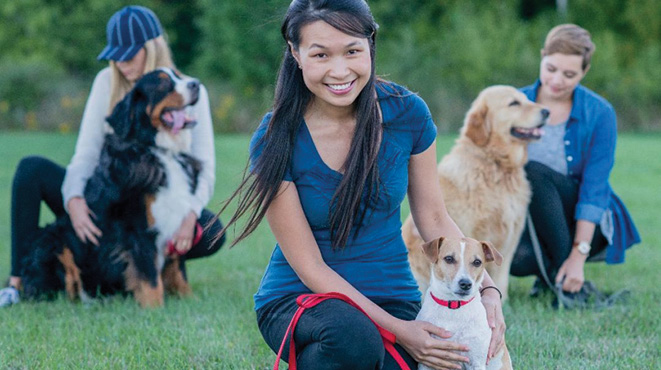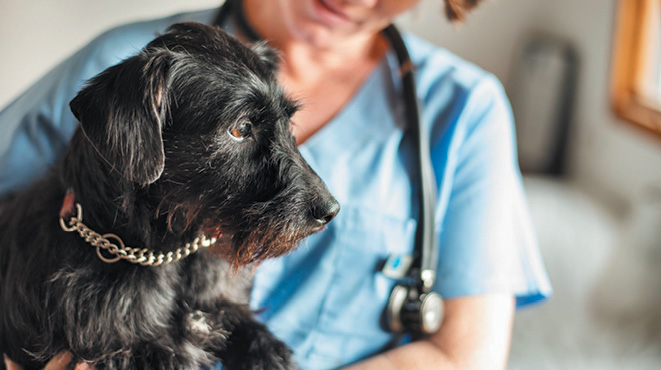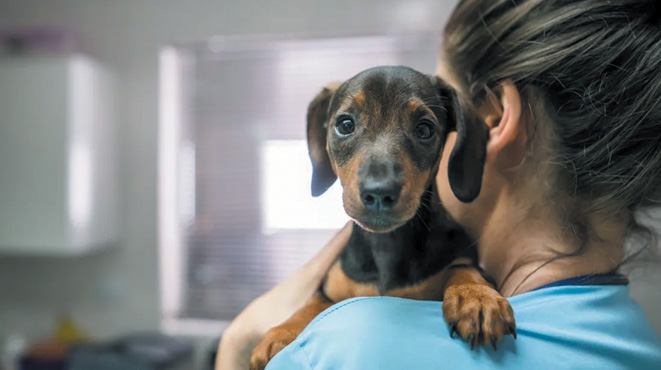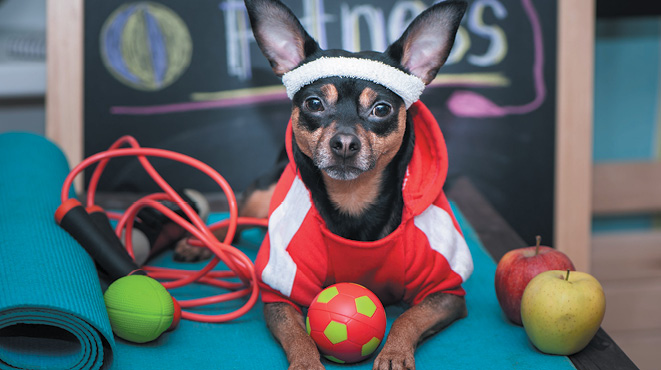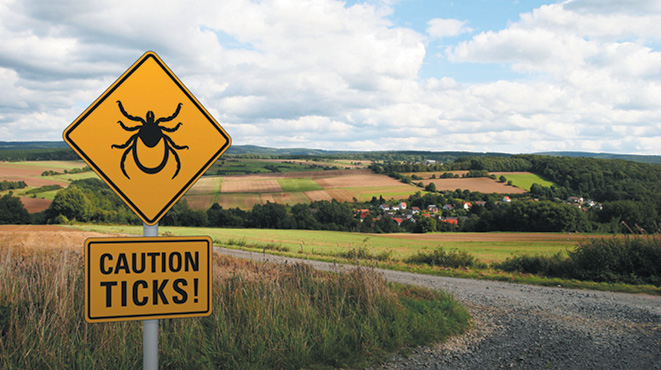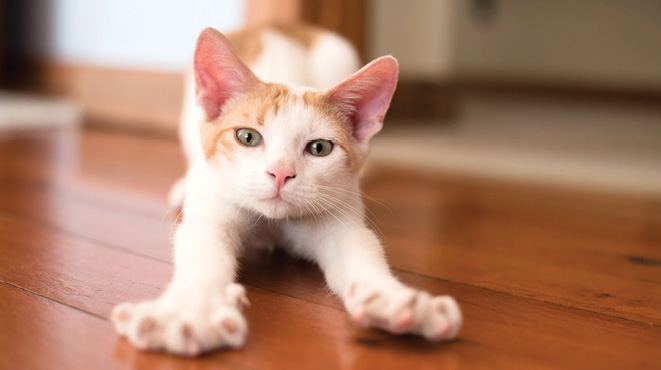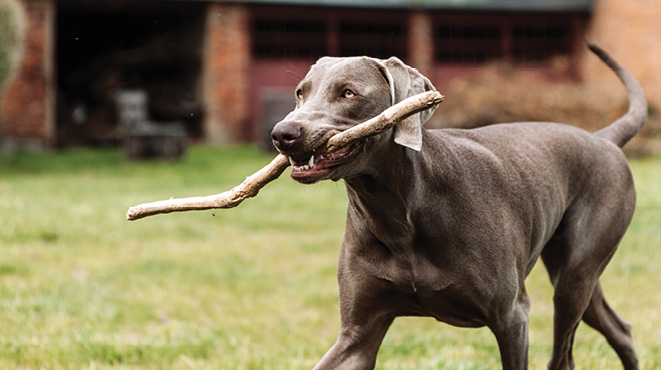BY DR NICKY THOMAS, WYNNUM MANLY VETERINARY HOSPITAL
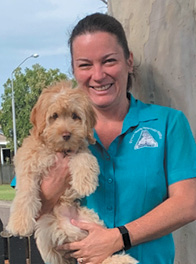 We have recently seen some cases of parvovirus in the local area. It is critically important that dogs be kept up to date with vaccinations to prevent infection with this deadly disease.
We have recently seen some cases of parvovirus in the local area. It is critically important that dogs be kept up to date with vaccinations to prevent infection with this deadly disease.
What is parvovirus?
Parvovirus is a highly contagious gastrointestinal virus that can affect dogs of all ages. Unvaccinated dogs and puppies under four months of age are most at risk. Parvovirus spreads by direct contact between dogs and contact with contaminated faeces. The virus can live on kennel surfaces, food and water bowls, collars and leashes and the clothing of people in contact with infected dogs. It can survive in the environment for long periods and can be spread on the fur and feet of dogs and contaminated shoes, cages and other objects to infect other locations.
Signs of parvovirus
Parvovirus causes signs including lethargy, loss of appetite, high fevers, vomiting and severe bloody diarrhoea. There is no specific treatment for the virus – dogs need to be hospitalised for supportive therapy consisting of intravenous fluids to combat electrolyte, fluid and protein loss, medications to control vomiting and antibiotics to prevent secondary infection. Parvovirus can acutely affect animals, and dogs may die despite intensive treatment.
Prevention
Puppies are born with some immunity from their mother’s milk but need vaccinations to ensure they develop their own immune response as the protective antibodies from the milk wear off. We recommend a course of three vaccinations given at 6 – 8 weeks, 10 – 12 weeks and 14 – 16 weeks of age. Puppies should be kept away from other dogs of unknown vaccination status and areas where lots of dogs congregate due to the risk of environmental contamination with the virus.
Adult dogs should be vaccinated a year after their final puppy vaccination. Following this first adult vaccination, dogs generally develop good immunity to the disease. Further vaccinations may be recommended yearly to three yearly, depending on the vaccine used – have a chat with your vet to decide the best course of vaccination for your dog.


